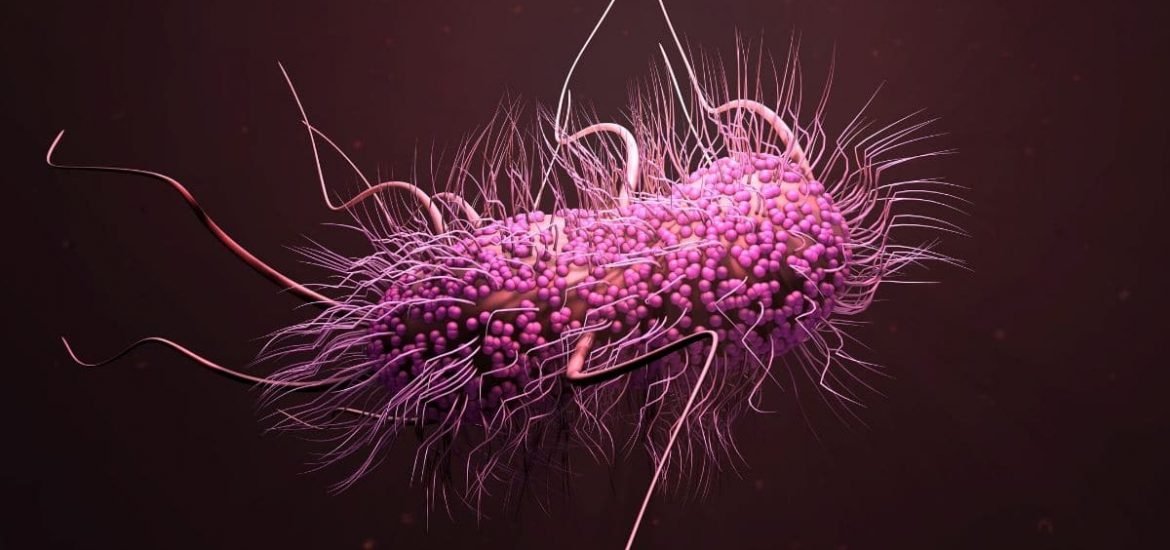
For the first time, scientists have established a direct link between ‘bad’ microbes in the human gut and cancer development, according to a new paper published on 27 February in Nature (1). Many people carry the Escherichia coli bacteria. But now, scientists have linked a strain of this common gut bacteria to colon cancer.
The human body is teeming with trillions of bacteria. Many of them are actually good and contribute to keeping us healthy, whereas others cause disease. E. coli is one of the most well-known ‘bad’ bacteria. And one strain, in particular, produces a small chemical, called colibactin, that can damage human DNA.
According to the authors, this co-called genotoxic bacteria (pks+ E. coli) lives in the intestines of 10–20 per cent of the human population. Therefore, screening and early elimination could have important implications for cancer prevention.
Smoking or sun exposure is known to cause DNA damage and cancer mutations in otherwise normal healthy human cells. Each process leaves its own mutational footprint or signature. So, the researchers wondered whether bacteria in the gut can induce cancer mutations via similar DNA-damaging effects.
And tiny lab-grown human intestines called organoids provided an ideal model for studying the effects of different types of bacteria in the human gut.
When the team of researchers from the Hubrecht Institute (KNAW) and Princess Máxima Center in Utrecht in the Netherlands grew these miniature replicas of the human gut in the laboratory and exposed them to this particular strain of E. coli, they discovered that the bacteria induce a unique pattern of mutations in the DNA of human cells.
During the study, the organoids were exposed to the E. Coli strain for five months, then DNA from the human cells was sequenced. The scientists were in search of a ‘mutational footprint’ that could potentially be used to identify DNA changes induced by the bacteria that lead to cancer mutations.
“These signatures can have great value in determining causes of cancer and may even direct treatment strategies”, said Senior author Ruben van Boxtel of the Princess Máxima Center for pediatric oncology in a statement. “We can identify such mutational footprints in several forms of cancer, also in pediatric cancer. This time we wondered if the genotoxic bacteria also leave their unique distinguishing mark in the DNA.”
Once the unique signature was identified in the human organoid cells, the researchers looked for the same signature in samples from actual cancer patients. They analyzed more than 5000 tumours covering 12 different types of cancer.
The same footprint was found in 5 per cent of colorectal cancers. Only a few other cancers, known to be exposed to the bacteria, such as cancers in the oral cavity and the bladder, also had the footprint. Although, the researchers hope this new information will help them find a link between cancer in other parts of the body, other than the colon, and E.coli.
(1) Pleguezuelos-Manzano, C. et al. Mutational signature in colorectal cancer caused by genotoxic pks+ E. coli. Nature (2020). DOI: 10.1038/s41586-020-2080-8
Image: 3D illustration of E. coli, Patricia Dallaire via Getty Images.